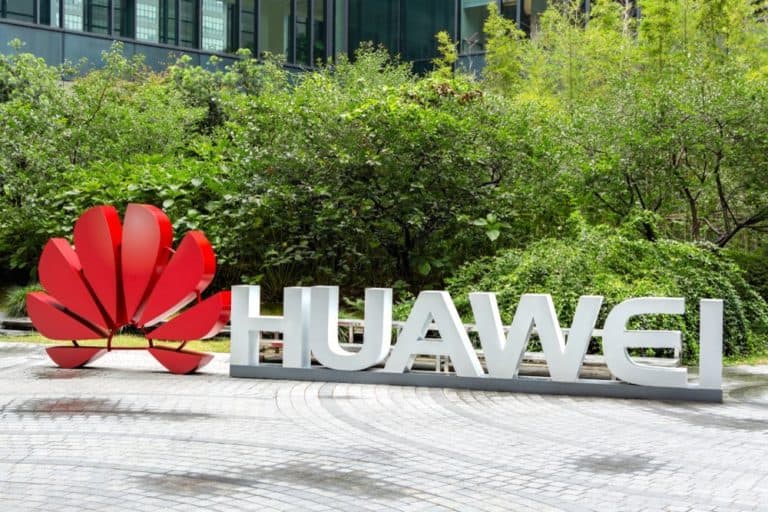After the United States, Australia and New Zealand, the Japanese government has also decided to block the purchase of Chinese 5G network equipment from Huawei and ZTE. That’s what Kyodo News reports.
Japan’s decision comes less than a month after U.S. President Trump has reportedly urged allied countries to avoid Chinese network equipment in the roll-out of 5G. The fear of Chinese espionage sounds like the main reason, but the trade war between the US and China and Huawei’s lead in 5G development probably also play a role.
According to reports, the U.S. would even like to open the purse to persuade countries to purchase non-Chinese hardware, and threatens with reduced help for countries that still do so.
Japan participates
The Japanese government already seems to be responding to the call. The three main operators in the country (Softbank, NTT Docomo, KDDI) are said to be phasing out existing Chinese 4G equipment in their networks and not introducing any new Huawei or ZTE 5G hardware. A fourth operator (Rakuten), which is only just starting up, is also joining in.
It is extremely important not to purchase equipment that includes harmful features, including theft and destruction of information, said Yoshihide Suga, the Chief Cabinet Secretary of Japan, at a press conference at which the measure was announced.
However, Japanese providers will continue to sell Chinese manufacturers’ smartphones and other personal hardware, as these do not affect the core of the communication systems.
Unsubstantiated
Huawei has denied the allegations against him on several occasions. Why does the American government, as a national authority, focus on Huawei as a company? [] In my opinion, these comments are politically motivated and not at all based on facts. All these suspicions have not been substantiated, said Eric Xu, one of Huaweis’ three rotating chairmen, recently in an interview with the CNBC.
It is true that, for the time being, no concrete evidence of cooperation with the Chinese authorities has been put forward, although the US argues that the opposite has not yet been proven. This year, ZTE was also hit hard by the US and was almost forced to lay down its books after the US government had quickly adjusted its sanctions.
The Chinese government has reacted strongly to the accusations and embargos against Chinese network suppliers. It is ridiculous to set boundaries around normal business operations of companies when they are based on speculation. In the current context of economic globalisation, I do not believe that it is conducive to cooperation between countries, says Lu Kang, China’s foreign affairs spokesman.
Belgium
In the meantime, the issue is also being investigated in other countries. Both the United Kingdom and Canada, where Huawei-CFO Meng Wanzhou was arrested at the end of last week on behalf of the US, are investigating whether a ban on Chinese equipment is in order.
The Centre for Cyber Security also woke up in Belgium. The CCC wants to carry out a risk analysis based on objective national and international studies in order to be able to give a well-founded opinion for our country. Proximus and Orange today use Huawei equipment for their network, while Telenet mainly works with ZTE.
Related: Belgium investigates possible links between Huawei and the Chinese government
This news article was automatically translated from Dutch to give Techzine.eu a head start. All news articles after September 1, 2019 are written in native English and NOT translated. All our background stories are written in native English as well. For more information read our launch article.